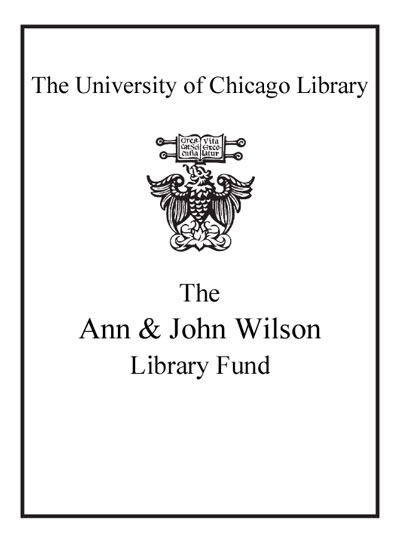Fully human : personhood, citizenship, and rights /
Saved in:
| Author / Creator: | Kingston, Lindsey, author. |
|---|---|
| Imprint: | New York, NY : Oxford University Press, [2019] |
| Description: | x, 299 pages ; 25 cm |
| Language: | English |
| Subject: | |
| Format: | Print Book |
| URL for this record: | http://pi.lib.uchicago.edu/1001/cat/bib/11807105 |
| Summary: | Citizenship within our current international system signifies being fully human, or being worthy of fundamental human rights. For some vulnerable groups, however, this form of political membership is limited or missing entirely, and they face human rights challenges despite a prevalence of international human rights law. These protection gaps are central to hierarchies of personhood, or inequalities that render some people more "worthy" than others for protections and political membership. As a remedy, Lindsey N. Kingston proposes the ideal of "functioning citizenship," which requires an active and mutually-beneficial relationship between the state and the individual and necessitates the opening of political space for those who cannot be neatly categorized. It signifies membership in a political community, in which citizens support their government while enjoying the protections and services associated with their privileged legal status. At the same time, an inclusive understanding of functioning citizenship also acknowledges that political membership cannot always be limited by the borders of the state or proven with a passport. Fully Human builds its theory by looking at several hierarchies of personhood, from the stateless to the forcibly displaced, migrants, nomadic peoples, indigenous nations, and "second class" citizens in the United States. It challenges the binary between citizen and noncitizen, arguing that rights are routinely violated in the space between the two. By recognizing these realities, we uncover limitations built into our current international system - but also begin to envision a path toward the realization of human rights norms founded on universality and inalienability. The ideal of functioning citizenship acknowledges the persistent power of the state, yet it does not rely solely on traditional conceptions of citizenship that have proven too flawed and limited for securing true rights protection. |
|---|---|
| Physical Description: | x, 299 pages ; 25 cm |
| Bibliography: | Includes bibliographical references and index. |
| ISBN: | 9780190918262 0190918268 |

